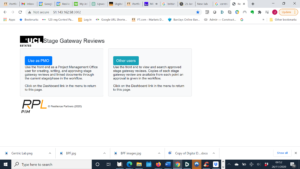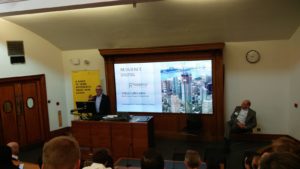At the recent CBC meetup Tokenisation in Construction. we announced the CBC plan for a Community Interest Company project to be called ArkiToken.
This will be an open source method of collecting critical information from a major construction project for later use. We see the data set being of value to developers, managers of buildings, for regulation and compliance, environmental management as well as legal and other dispute resolution use cases.
At the meetup, a number of speakers talked about their perspective of how tokenisation could work in this sector. All agreed that the construction sector is wide open and that the market is waking up to the vast potential.
A recording of the session where over 130 people attended is available on youtube:
https://www.youtube.com/watch?v=EPKhiWn7Kto&t=4100s
Resilience Partners are concentrating on designing and building a demonstrator of the open source tools in conjunction with the computing department at UCL. We are also concentrating on the business case or ‘Token Economics’ models that clients will need to develop.
We are also starting to build a demonstrator of our Algorithmic Dispute Resolution System which we are calling Br1ck. Our aim is to act as consultants in this highly specialised field, identifying value in major construction contracts, and delivering saving by use of the new open source tools that we are helping to develop.
Please contact Jeremy on Jeremy.Barnett@Resilience-Partners.co.uk for further information.


